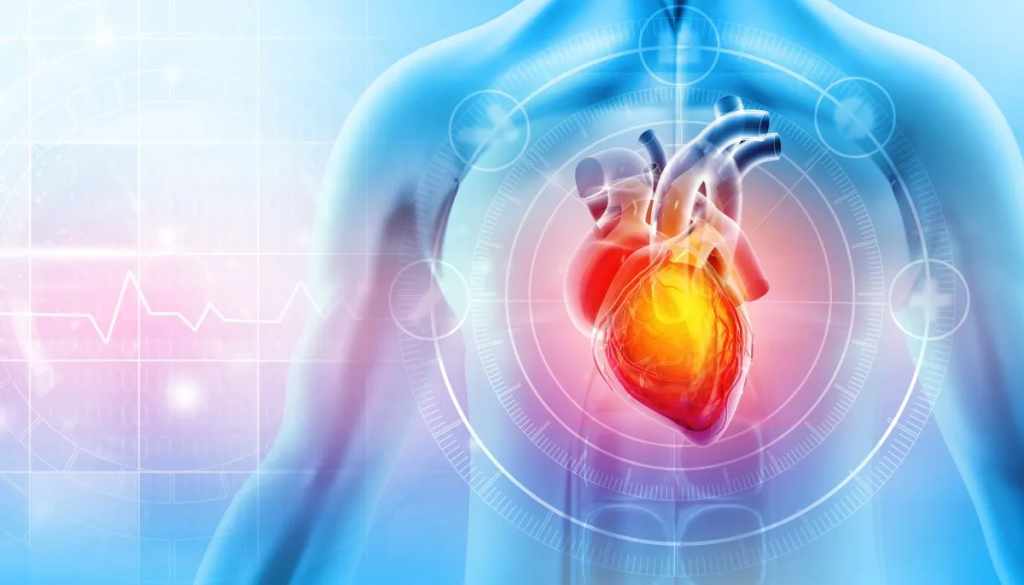Bread is often one of the first foods people eliminate when trying to eat healthier. But is ditching bread really the best move? While cutting out refined white bread may help you lose weight, completely removing whole-grain bread from your diet can lead to unexpected health consequences. Let’s dive into what happens to your body when you stop eating bread.
1. Your Nails Might Become Brittle

Whole-grain bread is an excellent source of magnesium, a crucial mineral for protein synthesis and overall nail health. When your body lacks magnesium, your nails may develop vertical ridges and become more prone to breaking. If you eliminate bread but don’t replace the lost magnesium with other sources like nuts, seeds, and leafy greens, your nails may suffer the consequences.
2. You May Experience Painful Leg Cramps
Low-carb diets, including keto, often involve cutting out bread and other carbohydrate-rich foods. However, this can lead to a decrease in electrolytes like potassium, calcium, and magnesium—essential nutrients that help regulate muscle function. As a result, you may experience painful leg cramps, especially at night. To prevent this, consider getting these key nutrients from alternative sources like bananas, avocados, and spinach.
Video : What Happens If You Stop Eating Bread for 14 Days
3. Fatigue and Low Energy Might Hit You Hard
Carbohydrates serve as the body’s primary energy source. While white bread lacks essential nutrients, whole-grain and sprouted grain breads are packed with fiber, iron, and magnesium—nutrients that help sustain energy levels. When you cut out bread without finding alternative sources of complex carbohydrates, you may feel sluggish and exhausted. If you’re constantly feeling drained, consider adding nutrient-rich carbs like quinoa, oats, and brown rice to your meals.
4. Constipation May Become a Struggle
Whole-grain and rye breads are excellent sources of dietary fiber, which plays a crucial role in digestion. In fact, studies have shown that whole-grain bread can be more effective at relieving constipation than some laxatives. Without enough fiber, your digestive system may slow down, making bowel movements more difficult. To avoid this issue, be sure to eat plenty of fiber-rich foods like beans, lentils, and vegetables.
5. Your Mood Swings Could Get Worse

Have you ever noticed that eating carbs can make you feel good? That’s because carbohydrates stimulate the production of serotonin, the “feel-good” neurotransmitter responsible for mood regulation. When you cut out bread and don’t replace it with other healthy carbohydrates, serotonin levels may drop, leading to mood swings, irritability, and even feelings of depression. If you find yourself feeling cranky, try incorporating healthy carbs like sweet potatoes, berries, and whole grains into your diet.
6. Your Hair Might Start Falling Out
Carbohydrates don’t just fuel your body—they also provide essential energy to your hair follicles. When your body lacks sufficient energy, it prioritizes vital functions over non-essential ones, like hair growth. As a result, cutting out bread and not replacing it with other nutrient-dense carbs could lead to hair thinning or excessive shedding. To maintain healthy hair, ensure you’re consuming enough complex carbs and essential nutrients like biotin, zinc, and iron.
7. Your Risk of Heart Disease May Increase

While refined carbohydrates like white bread can contribute to heart disease, whole grains are actually beneficial for heart health. Studies show that whole grains help lower cholesterol, regulate blood sugar, and reduce inflammation—all of which contribute to a healthier heart. If you completely remove whole grains from your diet, you may miss out on these heart-protective benefits. Instead of cutting out bread entirely, opt for whole-grain varieties that support cardiovascular health.
Is Cutting Out Bread Worth It?
Video : What Happens If You STOP EATING Bread For 30 Days!
Eliminating white bread can certainly be beneficial, as it’s often loaded with refined flour and added sugars. However, cutting out all types of bread—including whole grains—may deprive your body of essential nutrients. Instead of swearing off bread completely, focus on choosing whole-grain, high-fiber options that support overall health.
At the end of the day, balance is key. Rather than eliminating bread entirely, consider a diet rich in diverse, nutrient-dense foods to ensure your body gets everything it needs to function at its best.
Would you give up bread, or do you love it too much to part ways? Let me know what you think!


